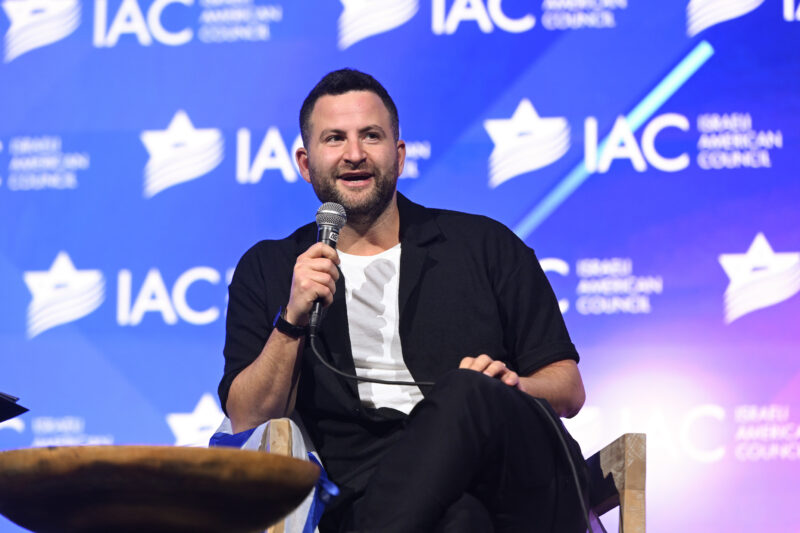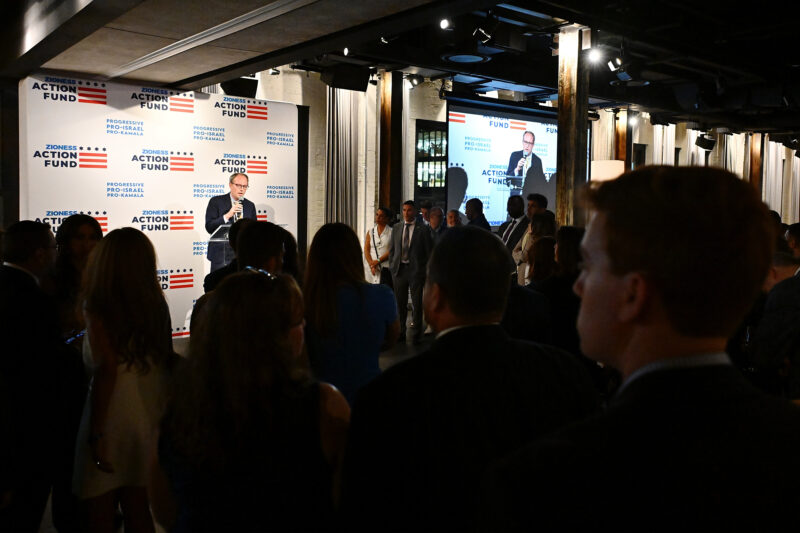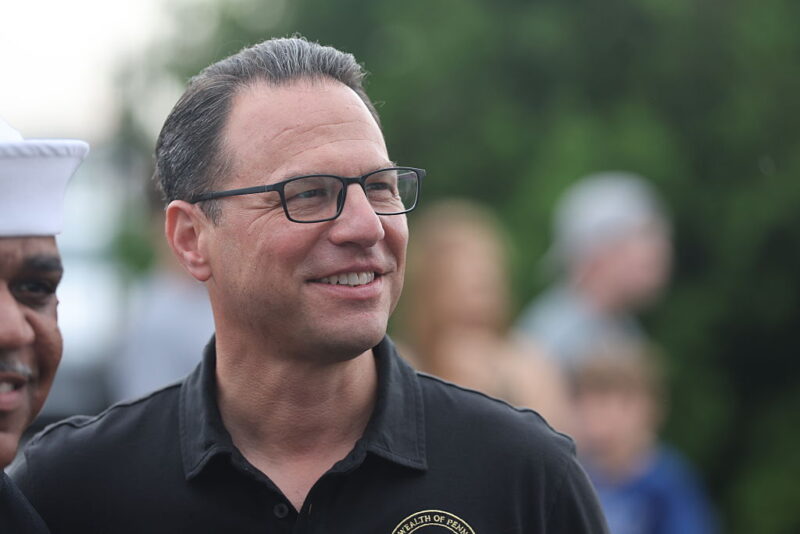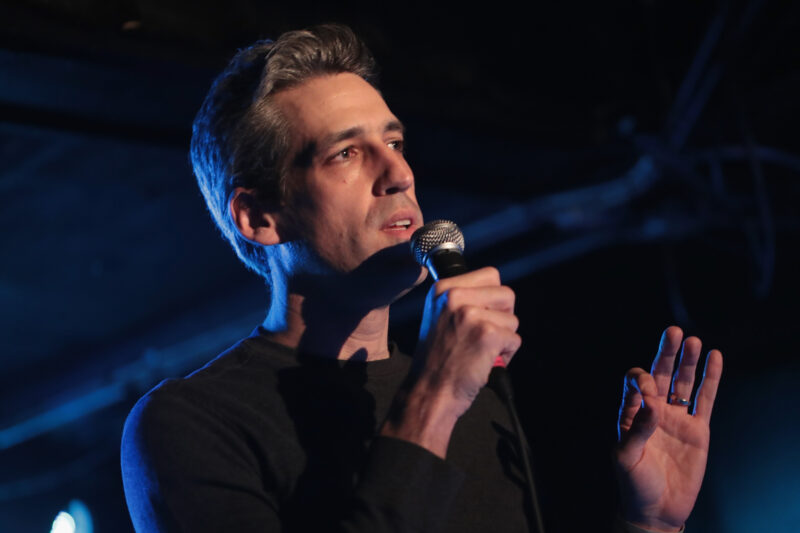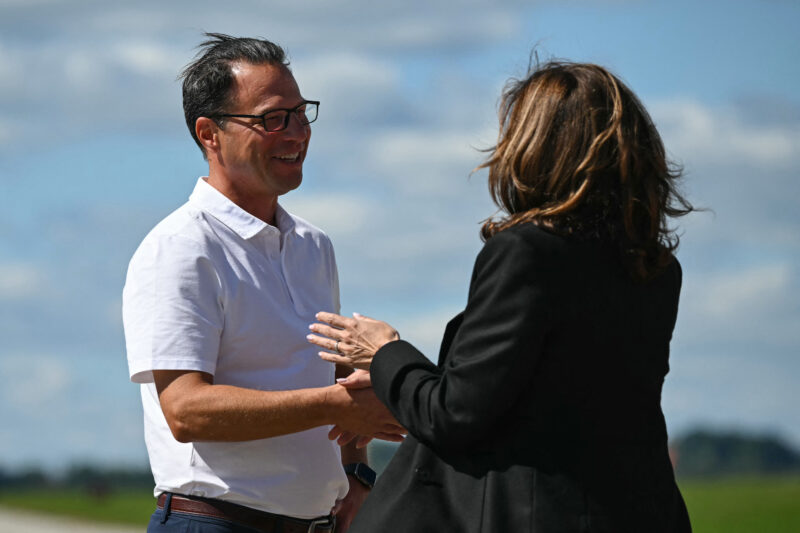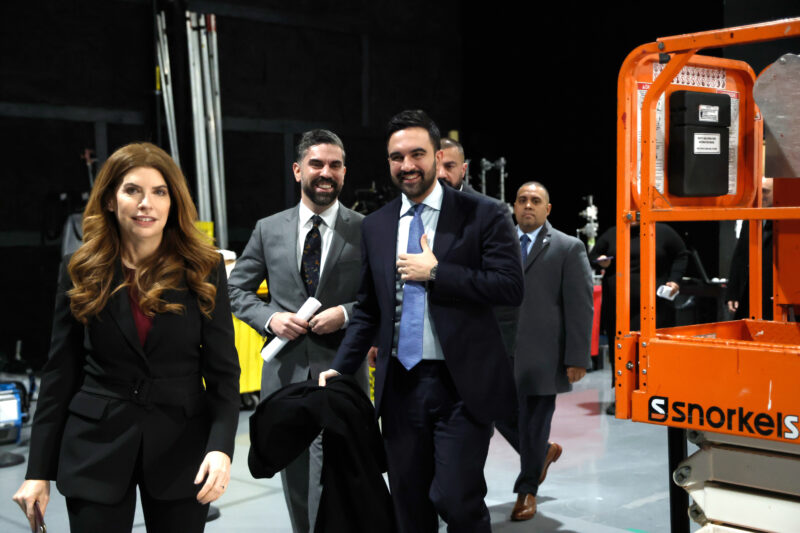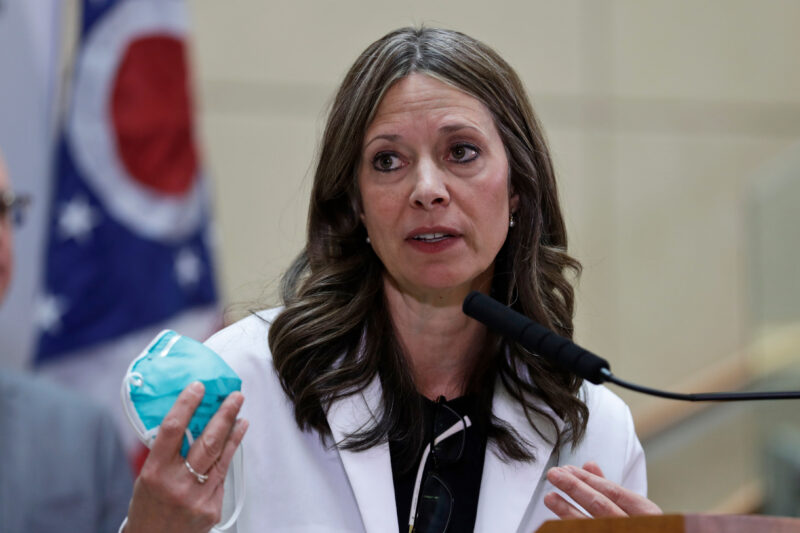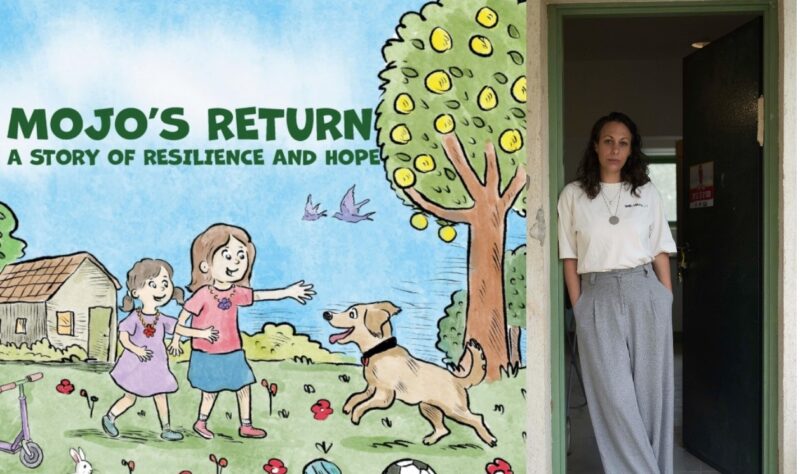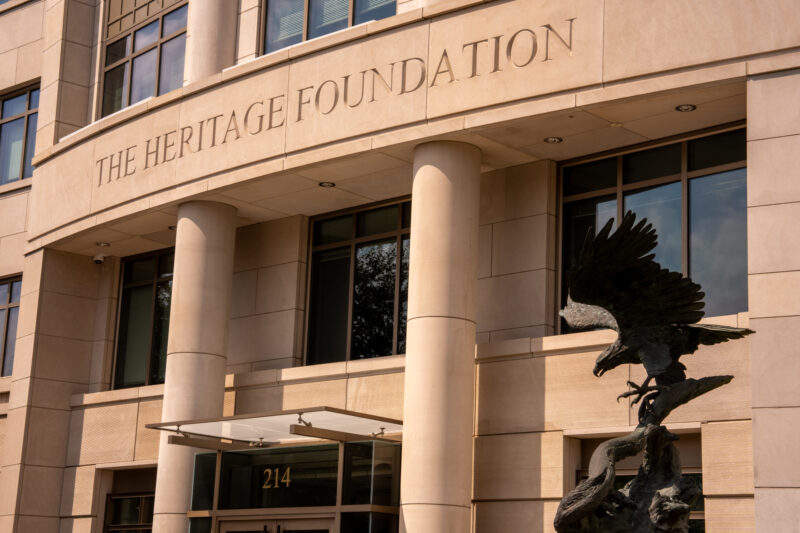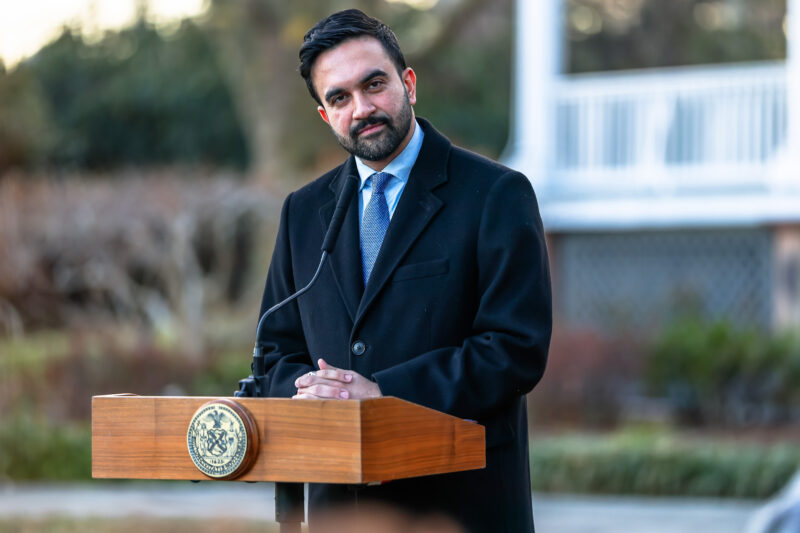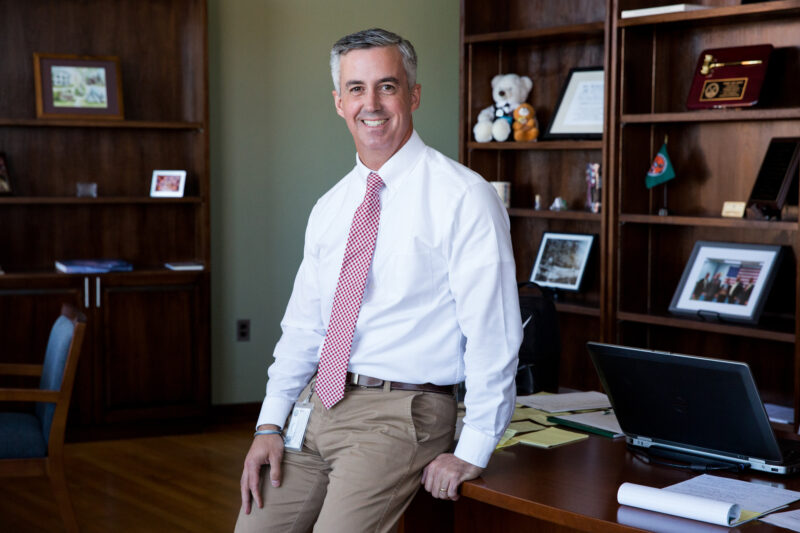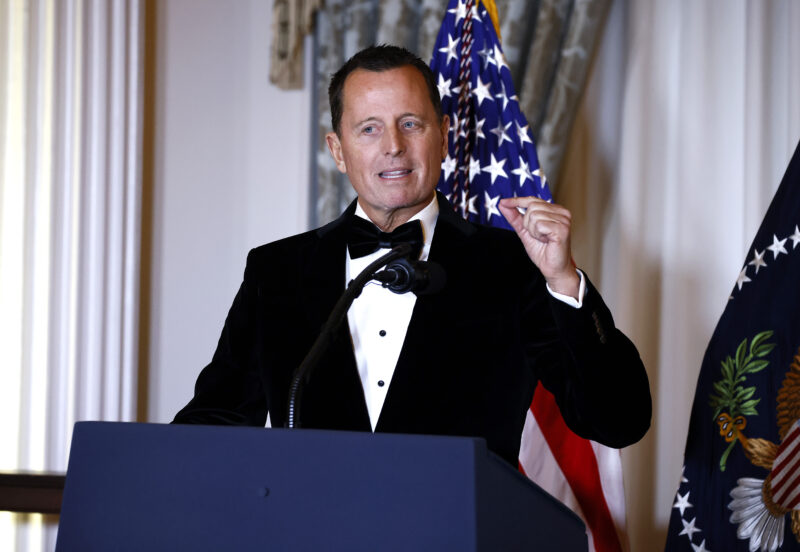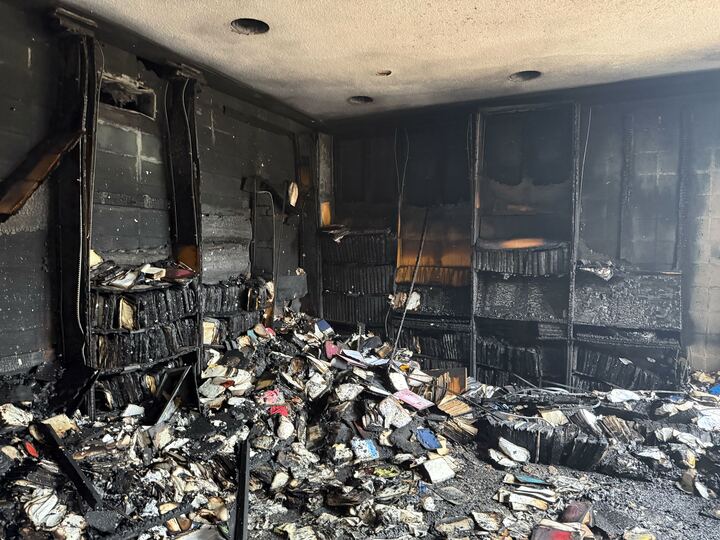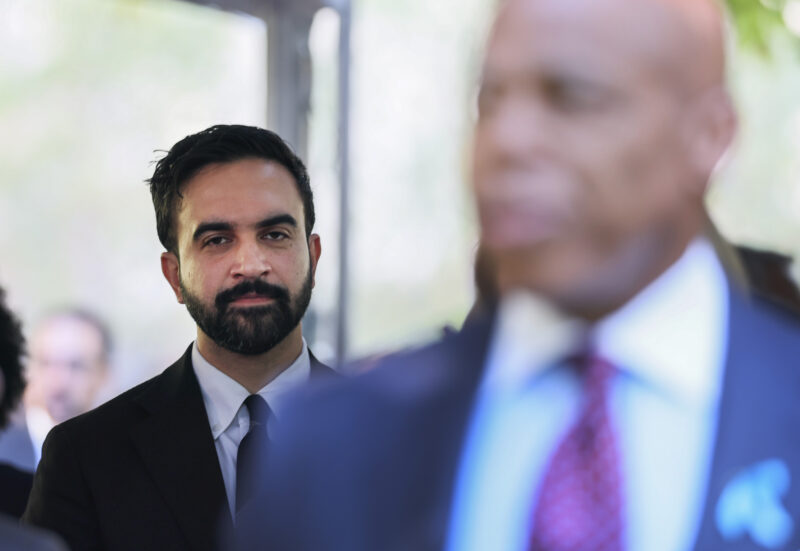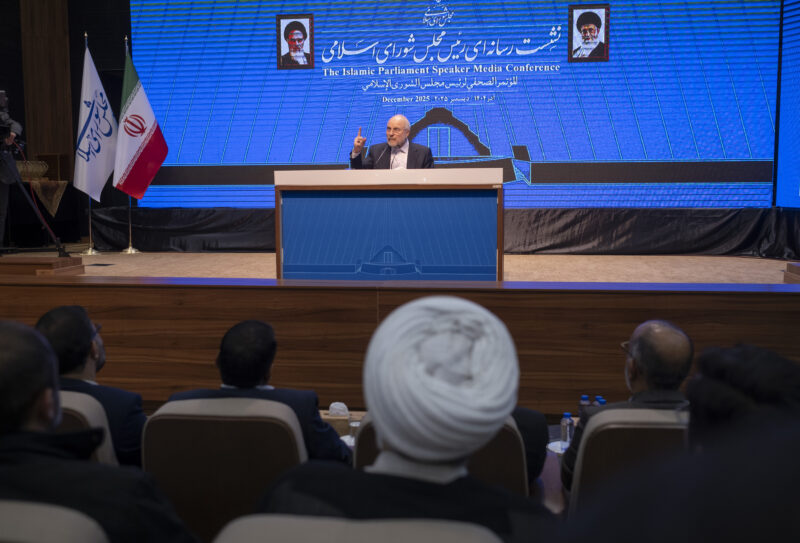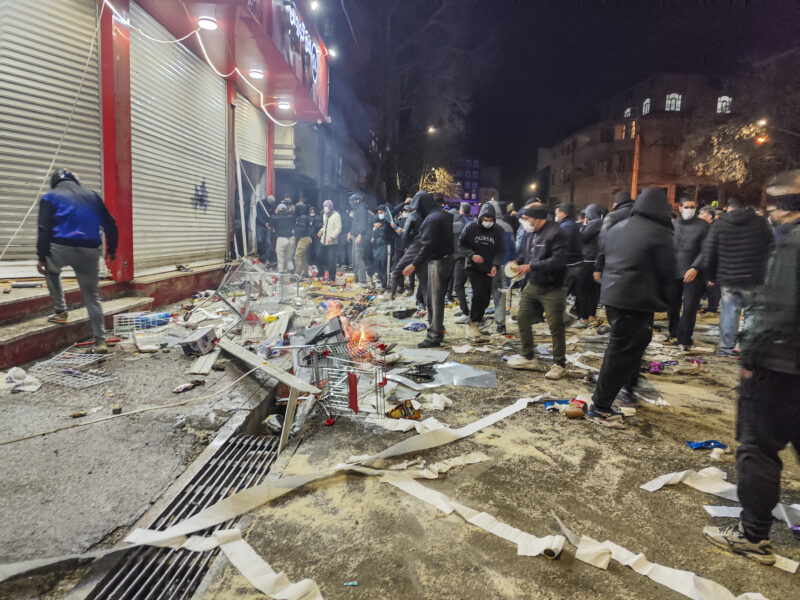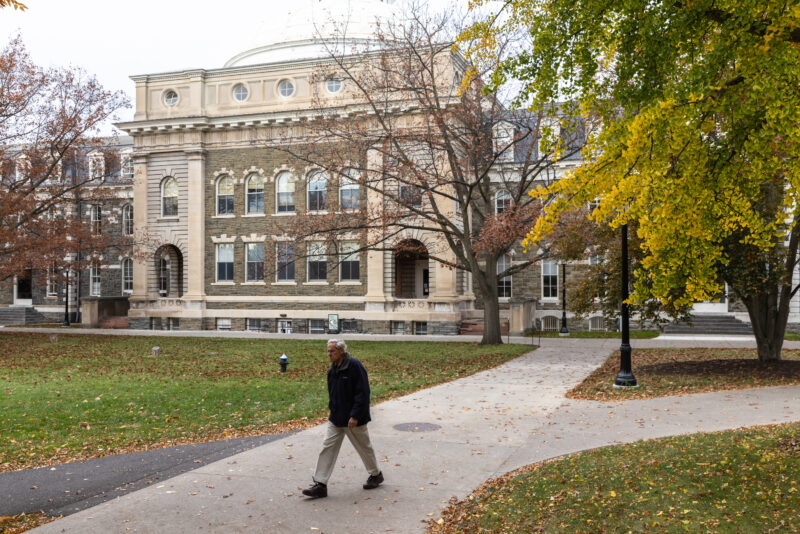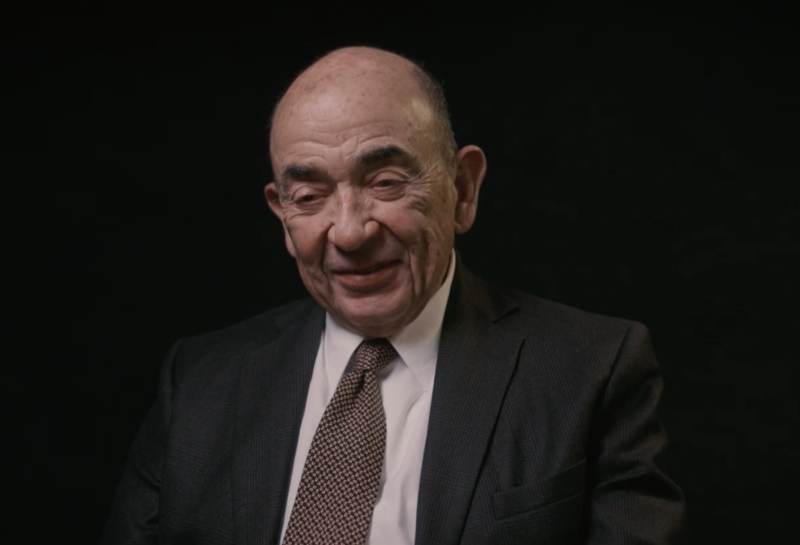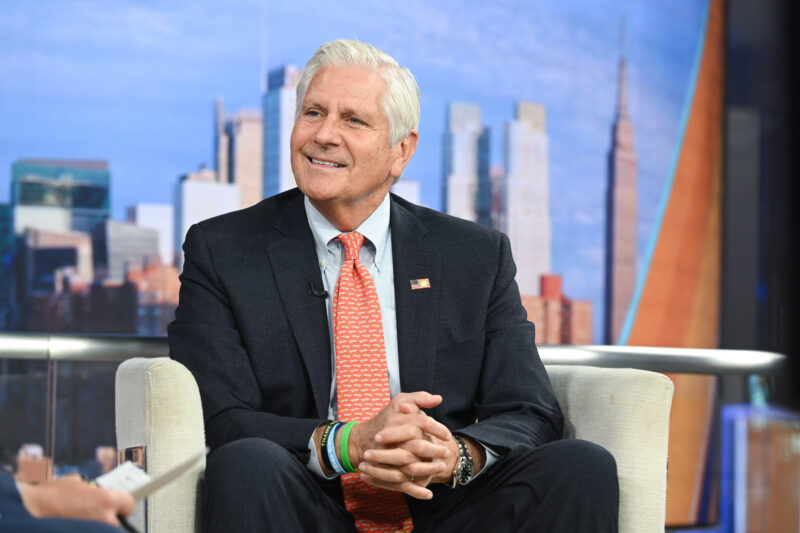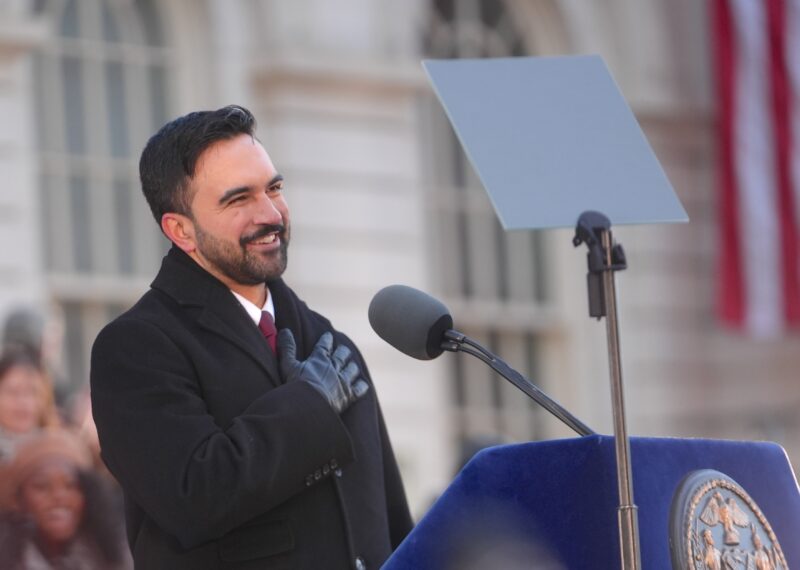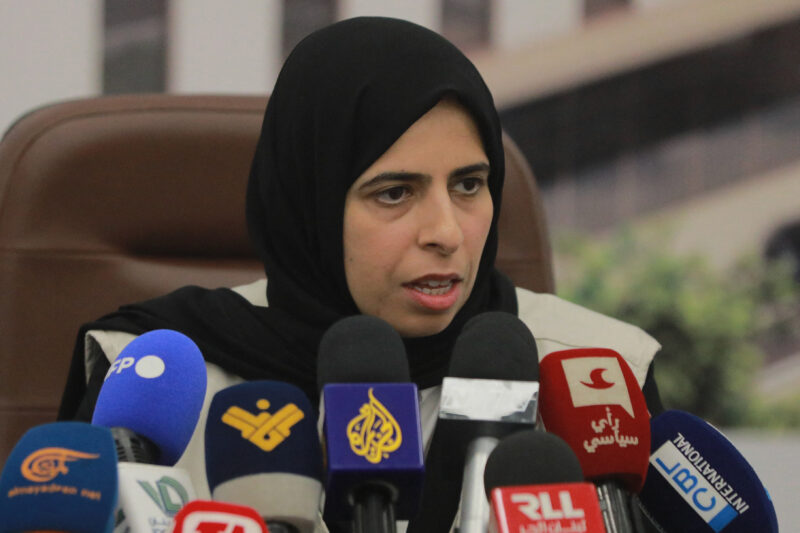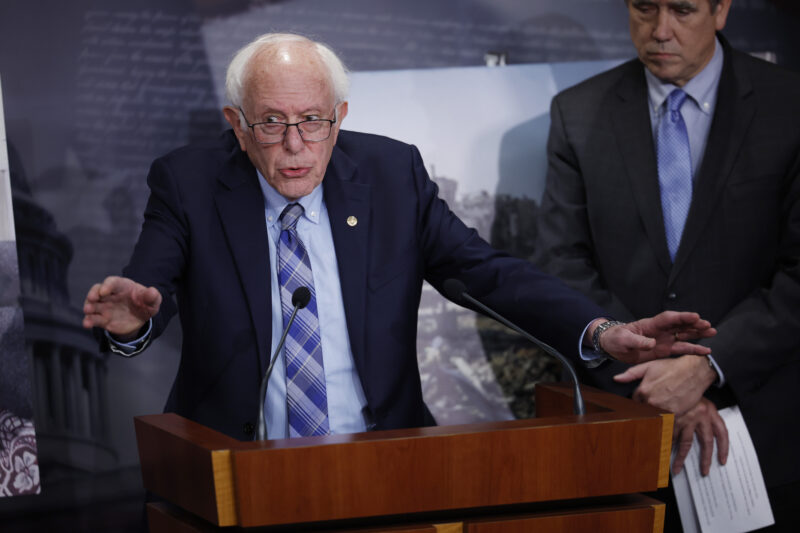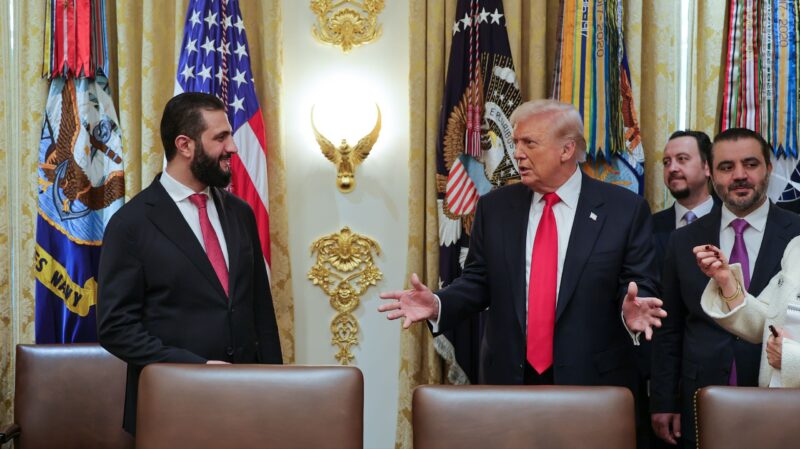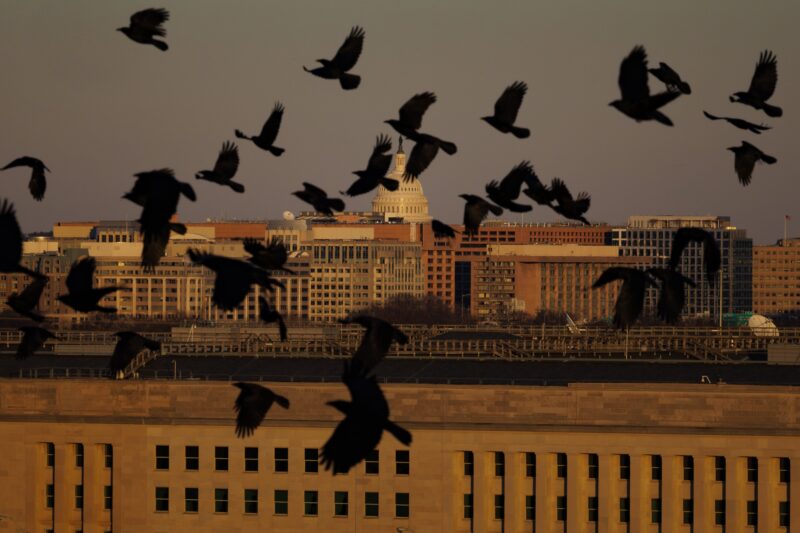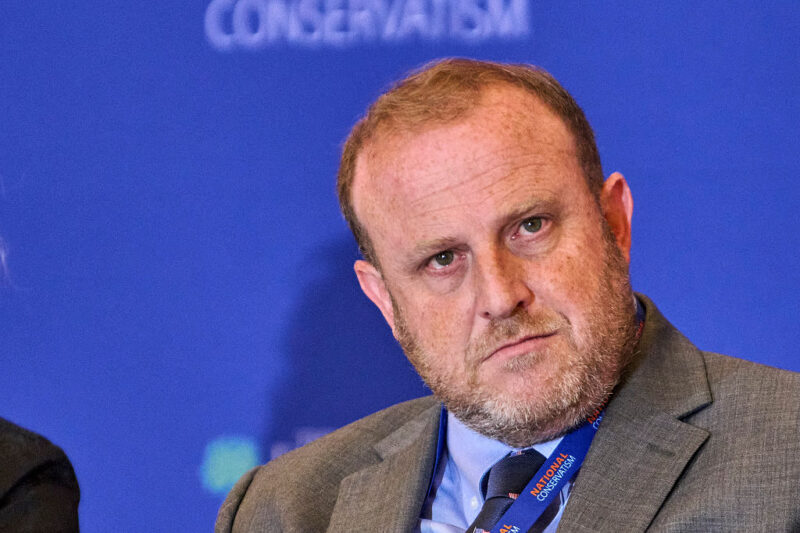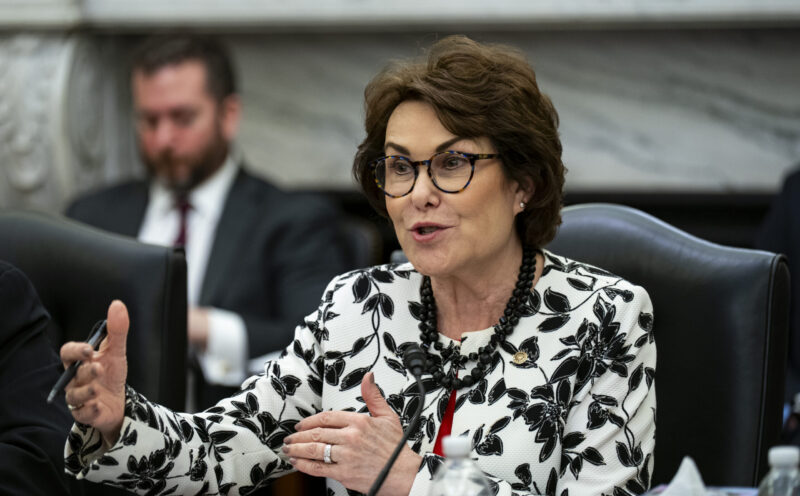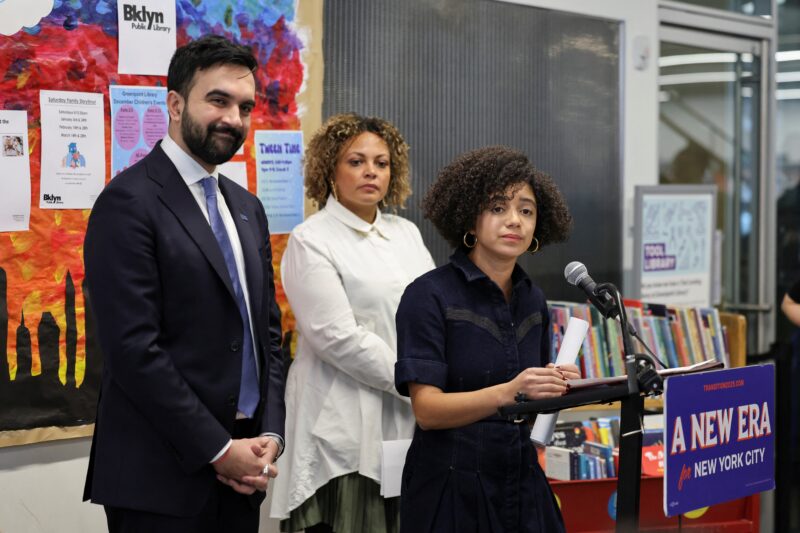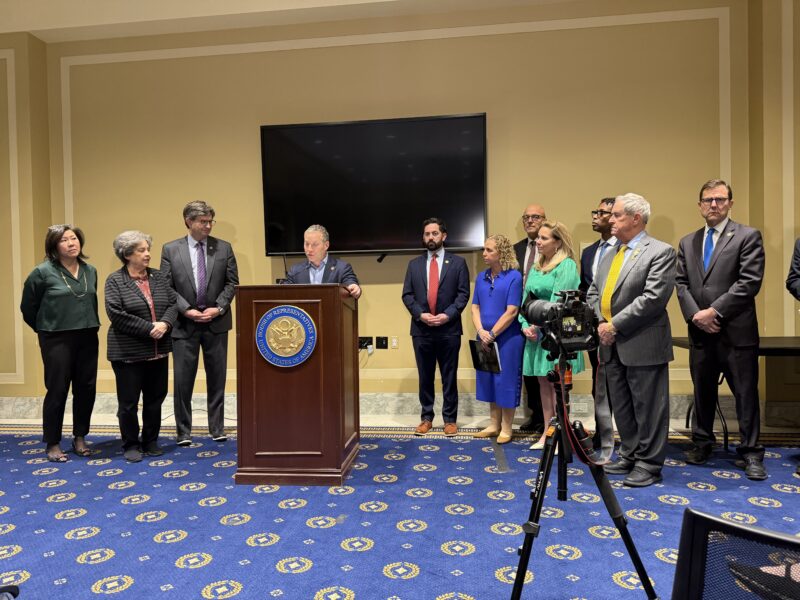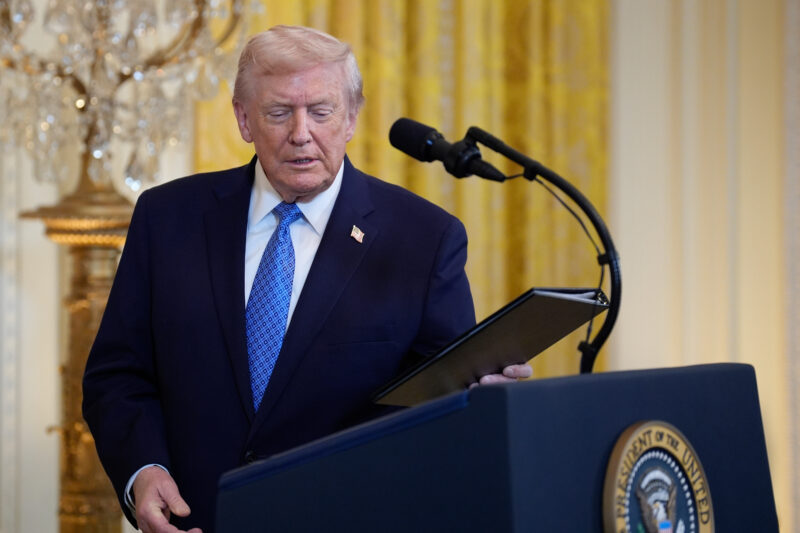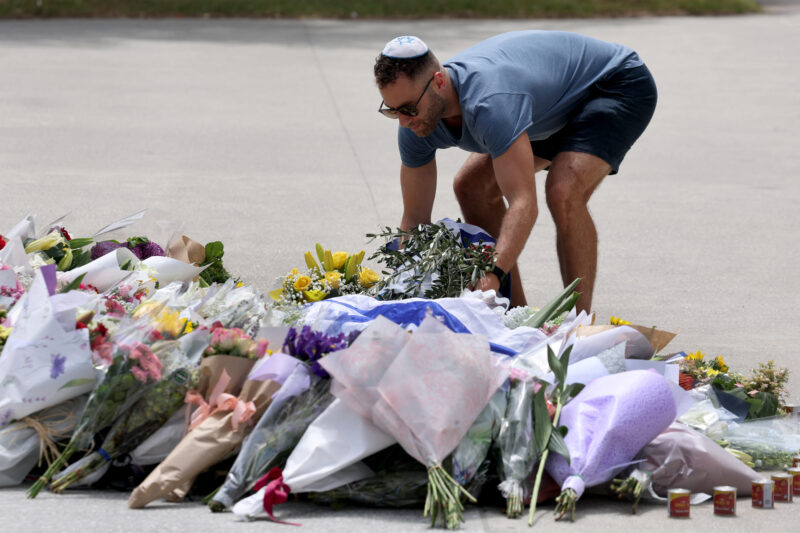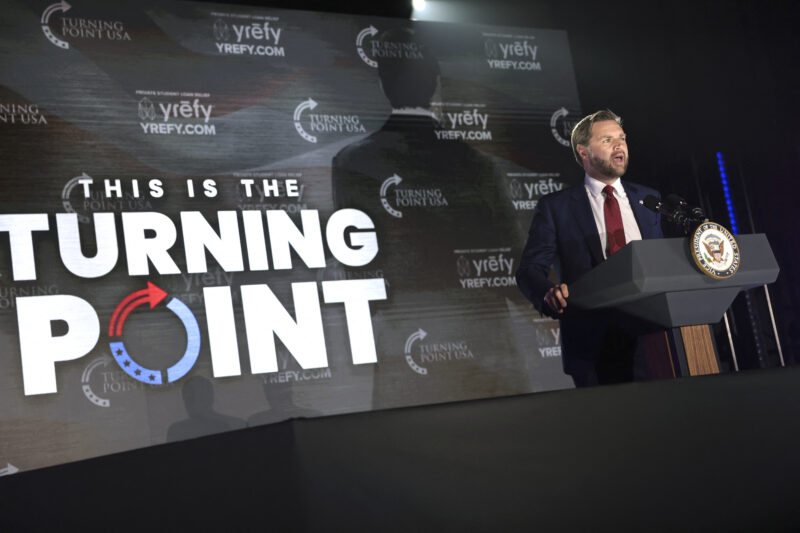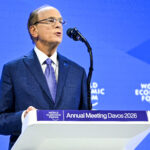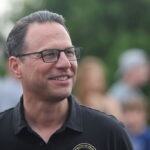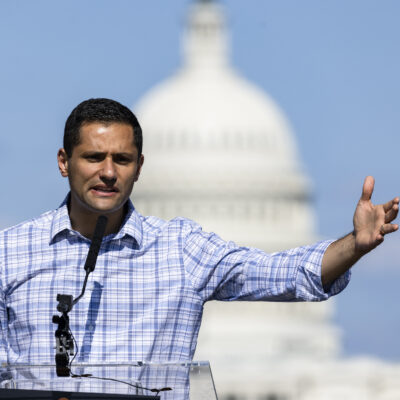ADL CEO Greenblatt: American Jewish community is at an ‘inflection point’ as antisemitism skyrockets
New ADL data released on Sunday showed that the ADL has recorded more than 10,000 antisemitic incidents in the U.S. since Oct. 7

ADL
ADL CEO Jonathan Greenblatt
Antisemitic incidents in the U.S. are hitting unprecedented highs not seen in a century, Anti-Defamation League CEO Jonathan Greenblatt told Jewish Insider ahead of the anniversary of the Oct. 7 Hamas attack on Israel, bringing the community to an “inflection point.”
ADL has recorded more than 10,000 antisemitic incidents in the U.S. since Oct. 7, new data released by the group on Sunday revealed, a record high since ADL began tracking such data in 1979. The number of antisemitic episodes has more than doubled from the year prior.
“This is a moment in time the likes of which we haven’t seen in well over a century,” Greenblatt told JI. “Even prior to Oct. 7, we had seen … an increase in antisemitic incidents. A worsening of antisemitic attitudes. Since 10/7, things have exploded.”
He described the situation as “unprecedented and unacceptable,” with Jews going to significant lengths to hide Jewish symbols and affiliations on college campuses and in their professional life, and finding themselves ostracized and bullied in the classroom and the workplace.
“This is really a moment unlike any other in memory, and I think it’s an inflection point,” Greenblatt said. “These trends, if left to their own devices … they will like to get worse rather than better. So we need to act. We need to act with urgency.”
He said that there is no overnight solution or silver bullet that will reverse these trends, but said that the Jewish community must also be “impatient — we can’t settle for this … we shouldn’t tolerate this.”
Much of the Jewish community’s focus in the past year has been on college campuses; Greenblatt said that around half of the incidents ADL recorded have been on campuses — but the remainder have happened in a range of other non-campus settings. (After Oct. 7, ADL included anti-Zionist chants and slogans as part of its count of antisemitic incidents.)
“There’s a lot happening in political spaces, in public places that would merit more attention,” he said, in addition to other forms of discrimination and exclusion that are harder to conclusively identify and report.
“I talk to a lot of people in public life who are afraid to speak out,” he continued. “I talk to people in public life — who you know … by name — and they tell me, ‘I am afraid. I’m torn up, but I’m not going to say anything.’ Because they’re concerned that will affect their business or affect their career.”
“It’s not a silent majority, it’s a silenced majority, and that’s very different,” Greenblatt continued.
And Greenblatt said that foreign influence in anti-Israel protests — which the Office of the Director of National Intelligence confirmed in a report this summer — has gone significantly under-examined.
He said he doesn’t know the details of how the administration is tackling the Iran threat, but said that “a lot more needs to be done” to address foreign influence driving antisemitic activity in the U.S.
He added that “we need serious investigations into these [anti-Israel] organizations which appear to be providing material support for FTS, like Hezbollah… It seems to me far beyond the pale, and I don’t think it’s gotten enough attention.”
He also called on the Senate to pass the Antisemitism Awareness Act — ”I don’t know why it hasn’t happened yet. Should have happened already, needs to happen.”
He called the legislation a “no-brainer,” expressing confidence that it would pass the Senate if put up for a vote.
Additionally, he called for anti-masking regulations, particularly for public and educational settings, and for governors to “get more engaged,” especially in administering state colleges.
Within the Jewish community, Greenblatt said he believes “innovation and partnerships” are needed. Innovation, he said, means finding new ways to approach and tackle the problem of antisemitism with a higher “appetite for risk.” And he said the various Jewish organizations need to work and collaborate better, finding areas for cooperation, rather than duplicating their efforts.
He offered the ADL’s campus report cards, issued to a host of top schools earlier this year, as an example of innovation. He said that, contrary to concerns from many, nearly all of the schools included are now working with the ADL to improve their scores, rather than shunning the organization.
“We can’t just always be on defense,” Greenblatt continued. “We’ve got to be on offense. And offense doesn’t just mean trying to disrupt the extremists, although we need to do that, I’ve talked about that. It also means we need Jewish pride, we need Jewish solidarity, we need Jewish strength … They want to intimidate us, they want to threaten us, they want to push us into the proverbial closet. And I don’t think we can allow that to happen.”




